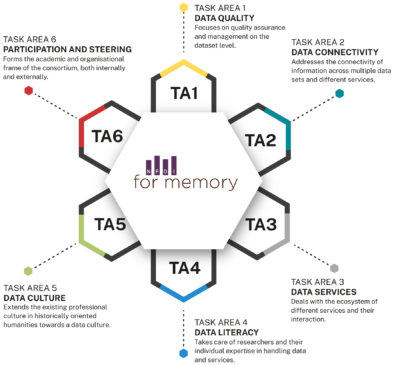You remember the iconic scene when Star Trek’s Scotty (after a jump from the 23rd century back into the year 1986) is forced to use a 20th-century computer? His prompt “Computer” is his first stupidity. When he eventually grabs the thing he is supposed to use, the mechanical mouse on the table and repeats his prompt: “Computer” his skippls look even worse. He needs another hint at the use of the odd thing before he can recover his fame as the man who can talk to any machine.
Here is my last night’s conversation with ChatGPT on FactGrid, on Wikidata and on Large Language Models (LLMs). ChatGPT allowed the reproduction. There is even a link that allows you to see our conversation on their side:
https://chatgpt.com/share/68be02f4-f454-8009-aa68-cdae9c18ba78
[...]


